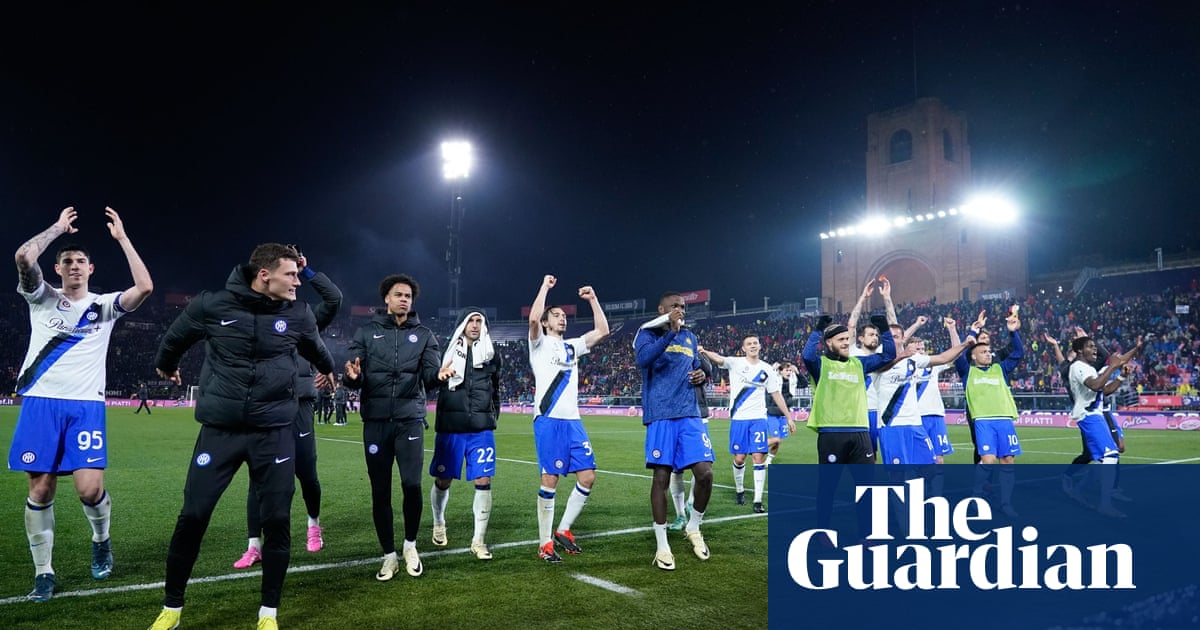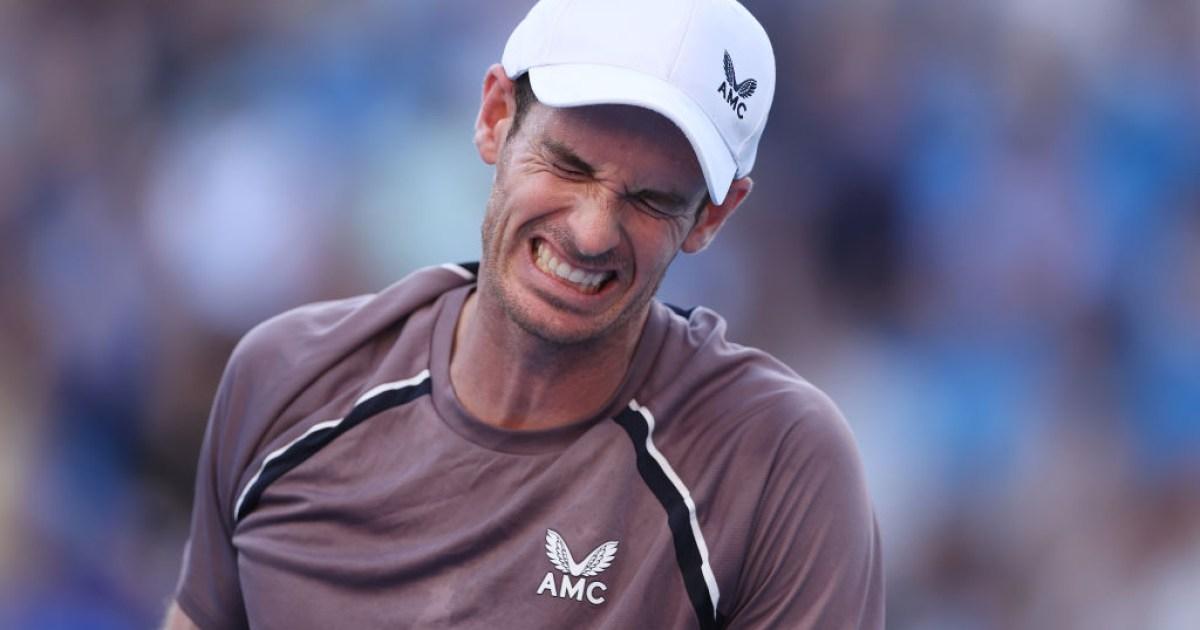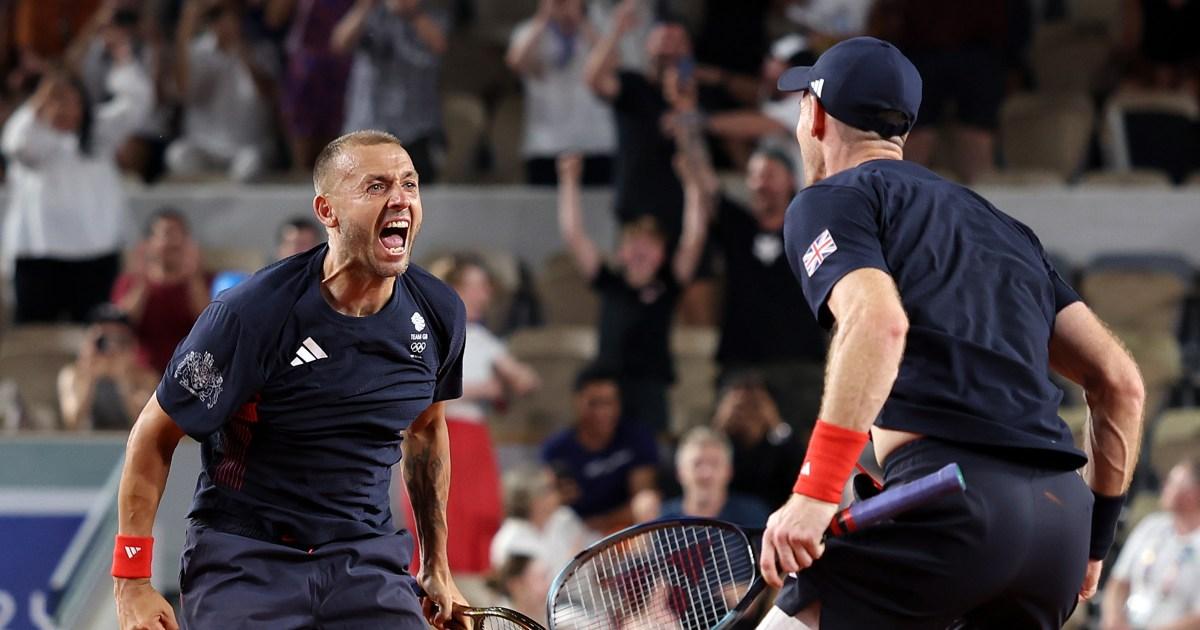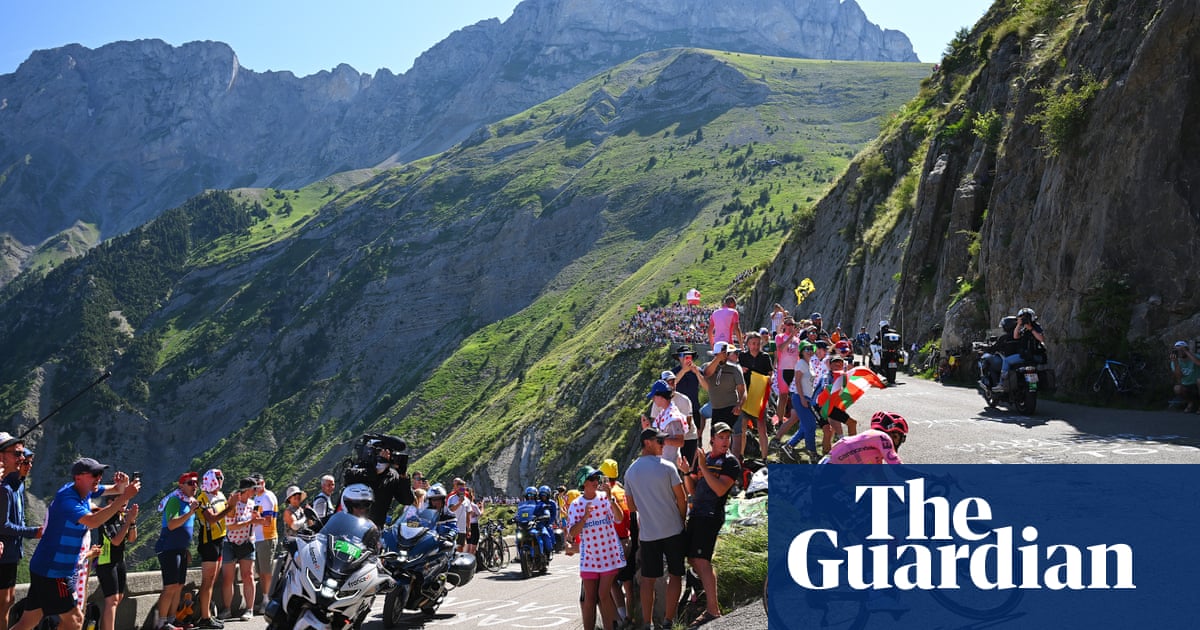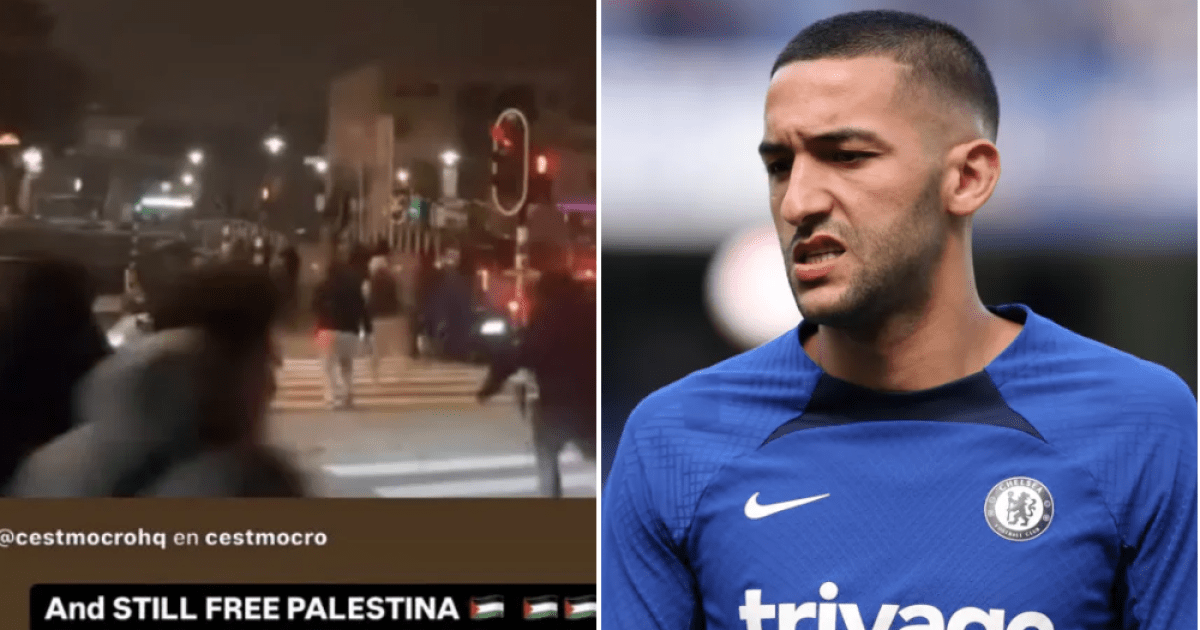Marco Parolo was only joking when he posed the question to Simone Inzaghi last December. “Back when you were coaching me at Lazio you offered us players a dinner for the first goal assisted by one wing-back and scored by the other,” said the former Italy international during an interview after Inter’s home win over Udinese. “What are you trying for now? A goal set up by the defender from one side of your back three and scored by the one on the other side?”
The translation is a little unwieldy. In Italian, Parolo was contrasting “un gol da quinto a quinto” with one “da terzo a terzo”, but English does not offer an equivalent for this shorthand reference to footballers’ positions as “fifths” and “thirds”. The sentiment was what mattered. Parolo was marvelling like the rest of us at the fluidity of an Internazionale side in which it can seem like every player bar the goalkeeper has permission to join the attack.
On Saturday, Parolo’s vision came to pass. In the 37th minute of Inter’s match at Bologna, Alessandro Bastoni, notionally starting on the left of Inter’s back three, pushed up to support his wing-back just outside the opposition box. Carlos Augusto laid the ball back to him, Bastoni sent in a first-time cross, and Yann Bisseck, Inter’s right-sided “terzo” for this game, arrived to score a diving header at the back post.
The most improbable part was that none of this felt improbable at all. Bastoni has been taking up these positions and playing those crosses all season. Bisseck, who joined from Aarhus in Denmark last summer, defined himself at his unveiling as a “modern defender, who likes to play with the ball and to score”. He had already opened his account for the club with a goal against Lecce in December – a game in which he also crashed a volley against the bar.
There may not be a better club in Europe right now for a player with that mindset to flourish. To even define Inzaghi’s football as “modern” feels uncharitable because that would imply a wider trend of clubs embracing such a liquid approach to what formations can be. Where else can a young centre-back feel so empowered to commit to an attack knowing colleagues will fill the space that he leaves?
This might have been Inter’s first goal da terzo a terzo, but the principles that made it possible have been developing for months. It was on display in the first leg of their Champions League last-16 match against Atlético Madrid, when Stefan de Vrij – from the middle of the back three – ran beyond the Spanish club’s defence and almost set up Marcus Thuram for an opening goal after barely a quarter of an hour.
Inter’s 1-0 win in the Derby d’Italia last month was sealed by an own goal caused, in part, by another of their defenders, Benjamin Pavard, attempting a scissor-kick volley inside the Juventus box. The Frenchman failed to connect but his action caused the defender behind him to misread the flight of a ball which ultimately bounced off Federico Gatti and in.
This hints at another extraordinary feature of Inzaghi’s Inter: the interchangeability of so many different players. Bastoni and Pavard are the first-choice starters for the left and right of the defence, but Bisseck and Matteo Darmian offer able cover. De Vrij and Francesco Acerbi can be alternated without hesitation in the centre.
The same is true in the wing-back positions. Denzel Dumfries and Darmian offer horses for courses options on the right: the latter a more diligent defender but the former a greater attacking threat. Federico Dimarco has developed into an elite player on the left side but Carlos Augusto has progressed so rapidly since joining from Monza that Inzaghi now can rest the Italian with no concerns.
Saturday’s game was a case in point, a trip to Bologna representing about as tough a challenge as Inter could find domestically. Thiago Motta’s team had won six on the bounce, including away games against Lazio and Atalanta, climbing to fourth in the table. They had not lost at their Stadio Renato Dall’Ara since August.
This was not a crucial game for Inter. Already 15 points clear at the top of Serie A, they could be excused for prioritising this week’s second leg against Atlético and Inzaghi made six changes to the starting XI that beat Genoa five days before.
Yet Inter could have scored several times before Bisseck broke the deadlock. Alexis Sánchez drew a save from a narrow angle in the 10th minute, Darmian flashed a shot wide in the 15th and Nicolò Barella fluffed a one-on-one in the 21st. Lewis Ferguson did force Yann Sommer into action with a long-range shot at the other end but Inter were good value for their half-time lead.
after newsletter promotion
Inzaghi’s side sat deeper in the second half, inviting Bologna on perhaps more than they should have done. Yet Sommer still only had to make one more save after the break, and a routine one at that. Across all competitions, he has now kept 23 clean sheets.
Parolo was not present to remind Inzaghi of their conversation at full time, but another post-game interviewer stepped in to ask whether he planned to buy any meals to celebrate the terzo a terzo goal. “More than one!” said the manager. “It’s hard to find a free day to plan a dinner at the moment but we will find time.”
A moment to celebrate will come soon enough. Juventus’s draw with Bologna on Sunday meant Inter increased their advantage at the top of the league to 16 points. The prospect that they could seal their title against rivals Milan next month is starting to look real. With both teams equal on 19 Serie A wins, that would be some culmination to the race to see which of the city’s footballing cousins affix a second golden star above their club badge first.
Inzaghi said again on Saturday that this Scudetto is not yet in the bag. It is a hard claim to take seriously. Inter have won 13 games in a row across all competitions and are on course for more than 100 points. They score goals with combinations that once seemed like joking exaggerations.
The Champions League is another matter, and even with a one-goal advantage Inter can take nothing for granted as they travel to Madrid. Parolo told Dazn: “I think Inter can go 50-50 with any of the big clubs in Europe, except perhaps [Manchester] City.” Even then, just quietly, we might add that this Inter team is better than the one which gave the Premier League champions a close run in the final last year.
Quick Guide
Serie A results
Show
Serie A results
Napoli 1-1 Torino, Sassuolo 1-0 Frosinone, Cagliari 4-2 Salernitana, Bologna 0-1 Inter, Genoa 2-3 Monza, Lecce 0-1 Verona, AC Milan 1-0 Empoli, Juventus 2-2 Atalanta, Fiorentina 2-2 Roma
